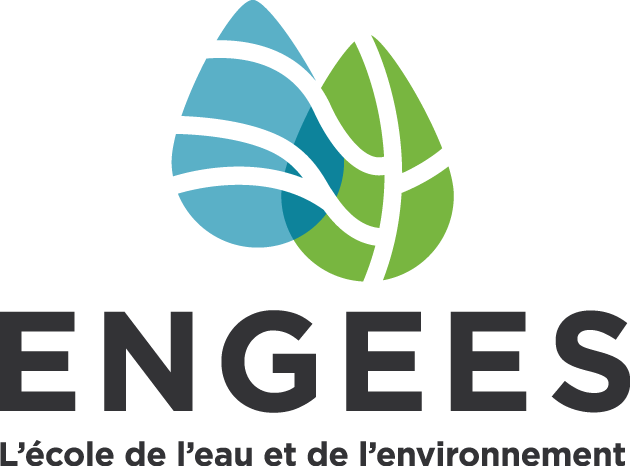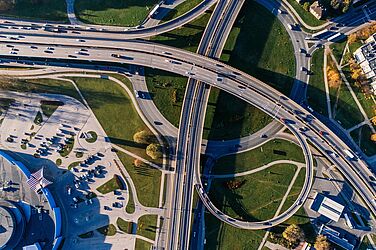

Overview
Our objective is to develop tools and methods that can help design strategies to reduce air pollution (outdoor & indoor) and mitigate the causes and the effects of climate change.
To achieve this goal, our research team is specifically developing models for urban planning, energy planning, air quality planning. These models allow simulations of air pollutant emissions, air pollution and impacts on ecosystems.
Research themes
Models developed
- EMISENS, a model for calculating emissions from road traffic
- ABSUM, a multi-agent model of urban mobility simulation
- Delta-Emis Tool, a tool for intercomparison of emission inventories
- REPM, a regional energy planning model
- RIAT+, a regional model for integrated analysis of air pollution reduction strategies
- SHERPA, a model for designing urban and regional air quality plans
- INCA-Indoor, an indoor air pollution simulation model
- CIM, a computational column model of turbulent atmospheric diffusion in the urban canopy
- CFDAIR&D, a simulation model of air pollution at the scale of a neighborhood







